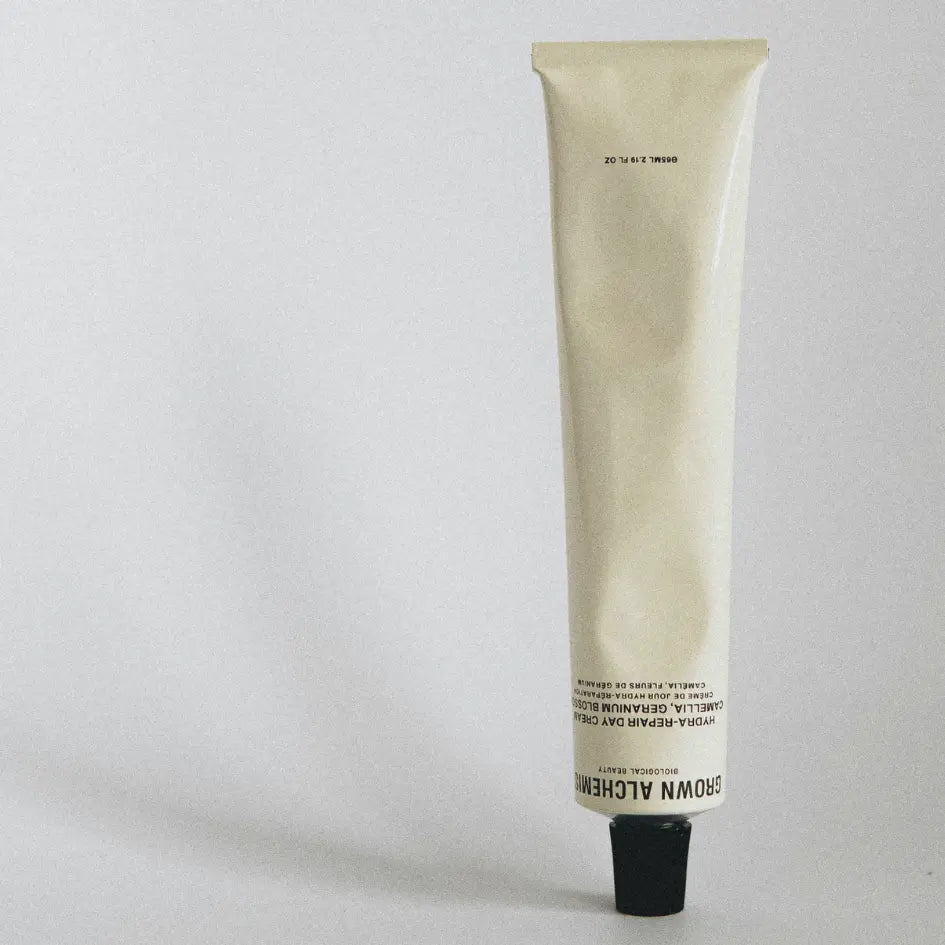Botana Bedding
Our ratings are based on a scale from 1 (Avoid) to 5 (Top Choice).
See how we rate.
The Shifting Gaia rating evaluates brands based on sustainable practices, ingredients and materials, and social responsibility, among others. Below are a few factors influencing this brand's score:
overview
about
Botana Bedding is a luxury bedding brand that produces 100% hemp bedding, offering sustainable, hypoallergenic, and breathable bedding.
• coming soon!
sustainability
details:
Botana offers a variety of hemp bedding products. Hemp is biodegradable, known to regenerate soil, less water-intensive than most alternatives, and doesn't require harmful pesticides in growth. While hemp is one of the most sustainable textiles, Botana's sustainability claims do not extend far beyond this material choice.
The brand states their packaging is recycled but provides no specifics about the source or process. Furthermore, there is no mention of efforts to reduce energy consumption, use renewable energy, or limit carbon emissions in their manufacturing processes. Without further information or third-party certifications like Climate Neutral, Cradle to Cradle, or GOTS, there's a lack of certainty regarding how sustainable the brand truly is across its entire supply chain.
With that said, the comparative sustainability of hemp as a material combined with the brand's commitment to its use in their products greatly improves their score in this area.
non-toxic
details:
Hemp's natural antibacterial, hypoallergenic properties, and the fact that it's not treated with harsh pesticides or chemicals are clear benefits. Botana does not appear to use additional chemical treatments, dyes, or toxic finishes, which makes their bedding relatively safe for users concerned with chemical exposure. However, without third-party certifications like OEKO-TEX or Greenguard, there's no independent confirmation that their products are entirely non-toxic.
social responsibility
details:
Botana provides little information on labor practices or social responsibility. There are no specific mentions of ensuring fair wages, safe working conditions, or efforts to support local communities. Furthermore, they lack certifications like Fair Trade or SA8000, which would ensure ethical labor standards throughout their supply chain. This lack of transparency on how and where their products are made weakens their standing in terms of social responsibility.

